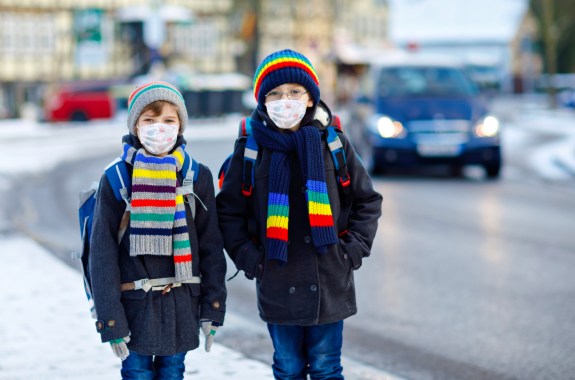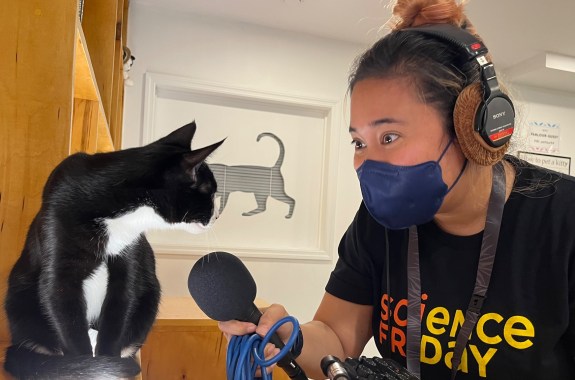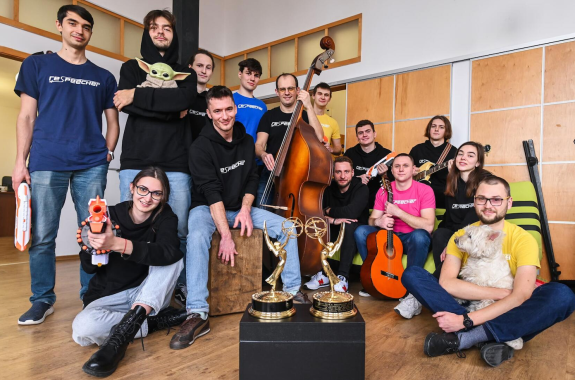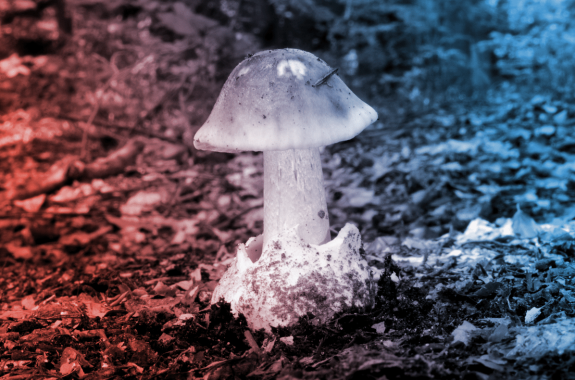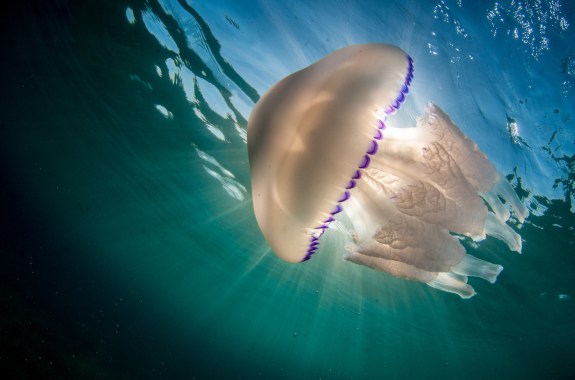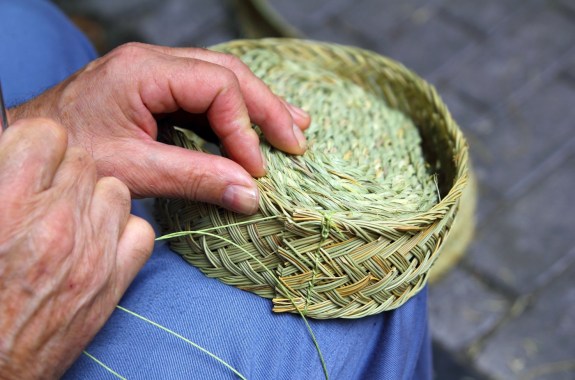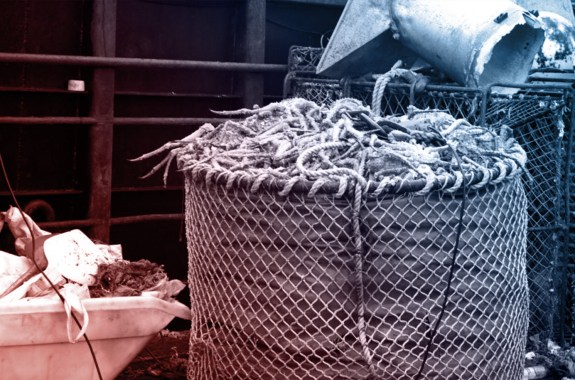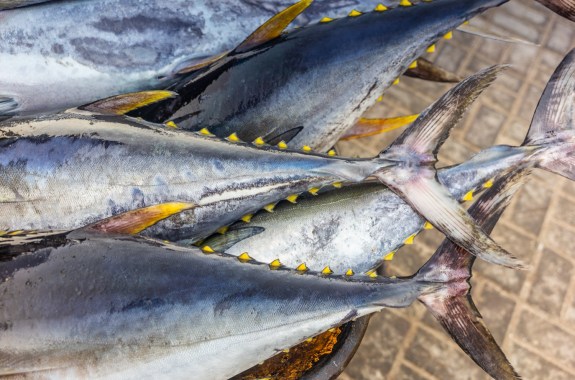Radio
Listen to Science Friday live on Fridays from 2-4 p.m. ET
November 22, 2024
On the 50th anniversary of Lucy’s discovery, paleoanthropologists reflect on what she means to science, and what she taught us about ourselves. Plus, divers have recovered seeds of a long-lost rye variety from a 146-year-old shipwreck in Lake Huron. And, just in time for Thanksgiving, a potato researcher explains potato varieties, potato nutrition, and some tubular tuber facts.
17:07
Looking Ahead To Our Third Pandemic Winter
The Omicron wave’s peak killed 2,600 people per day last winter. How might new variants and boosters affect the vulnerable this year?
12:17
Why Do Cats Purr? An Investigation Into A Purr-fect Mystery
One of the most wonderful sounds in the world is also one of the most mysterious. Here’s what scientists do and don’t know.
11:54
How To Digitally Recreate Darth Vader’s Voice From A War Zone
A Ukrainian AI company was hired to mimic the Star Wars’ villain’s voice for the franchise’s next films. Then Russia invaded.
5:14
Toxic Death Cap Mushrooms Take Root In The Mountain West
A highly poisonous, hard-to-eradicate species of mushroom has found its way from Europe to California and Idaho.
16:37
Will A Hotter World Make Jellyfish Haute Cuisine?
As climate change threatens fisheries, experts say jellyfish could be a food we’ll taste more of in the future.
17:08
When Studying Ecology Means Celebrating Its Gifts
Bestselling author Robin Wall Kimmerer discusses the role of ceremony in our lives, and how to celebrate reciprocal relationships with the natural world.
12:00
A Boost For U.S. Electric Vehicle Battery Production
The government promises billions to boost production of electric vehicle batteries.
7:41
The Mysterious Case Of Alaska’s Crabs
King and Snow crabs are huge economic drivers for Alaskan fishermen. As populations dwindle, two of the state’s crab seasons are canceled.
9:12
In Hawai’i, Conservation Has Also Provided Fishermen Economic Benefits
Research at a sacred cultural site—and the world’s largest no-fishing zone—suggests it’s also providing benefits outside its borders.
11:41
The Science Behind Why You Should Ask For Help
It’s easy to worry about inconveniencing others, but research shows people are often quite willing to help others.
